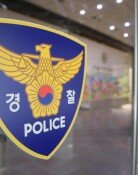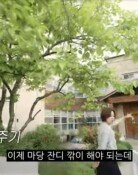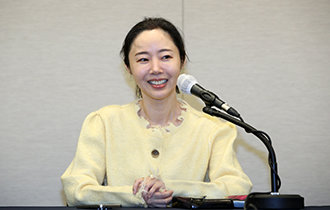Seoul should prepare for Kor-US FTA renegotiation
Seoul should prepare for Kor-US FTA renegotiation
Posted December. 23, 2016 07:06,
Updated December. 23, 2016 07:15
U.S. President-elect Donald Trump nominated Peter Navarro, a University of California at Irvine economics professor and a frequent critic of China’s trade practices, as the head of a newly formed White House National Trade Council. Navarro won the heart of Trump with his logic that the U.S. can maximize its sovereign interest by showing a more aggressive stance to China at a time when the two countries are engaged in an economic war. He will lead the protective trade policy of the new administration with Wilbur Ross, Trump’s pick for Commerce Department chief, who is dubbed as a corporate raider.
The Trump transition team described Navarro as an economist with a great foresight, and said his policy will lower America’s trade deficit, raise growth rate and create more jobs. His protectionism, however, could become a boomerang to reduce exports of U.S. companies as the world’s largest economy has become more dependent on other nations. Amid rising interest rates, the expansion of social overhead capital investment using government’s fund could excessively increase fiscal deficit, which in turn, will plunge domestic demand into another recession and generate a global crisis. Despite such substantial risks, the incoming Trump administration is closing ranks under the slogan of “Make America Great Again,” generating concerns for countries with large trade surplus against the U.S.
The appointments of hawkish hard-liners for making trade policies herald a huge change in the South Korea-U.S. free trade agreement as well as the trade war between the U.S. and China. As Navarro and Ross emphasized the need of reviewing the trade pact with South Korea, the U.S. government might demand tariff adjustment for automobiles and market opening for legal and medical services. Seoul has to prepare for the renegotiation by analyzing the four-year effect of the FTA for each industrial sector. If current situation continues, the Korean economy is highly likely to face a decline in growth rate from the original projection of 2.8 percent to a range from 2 percent to 2.5 percent. If trade pressure from the U.S. drastically reduces exports as well, no solution will be in sight.
Seoul will be able to prepare for such external risks only through 24/7 monitoring, stability measures for foreign capital market, and a status check for raw material procurement. However, one may wonder whether those countermeasures will be enough to overcome the trade war initiated by the U.S. That is why the government’s economic policy for 2017 should include a strategy for trade protectionism and other preemptive risk management measures.







